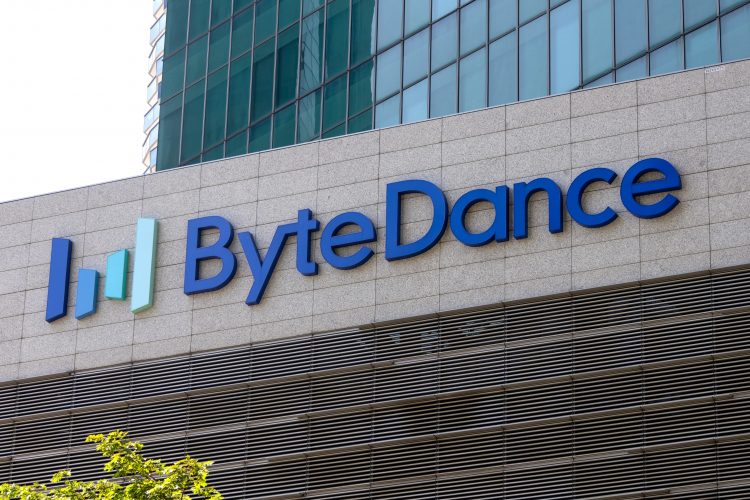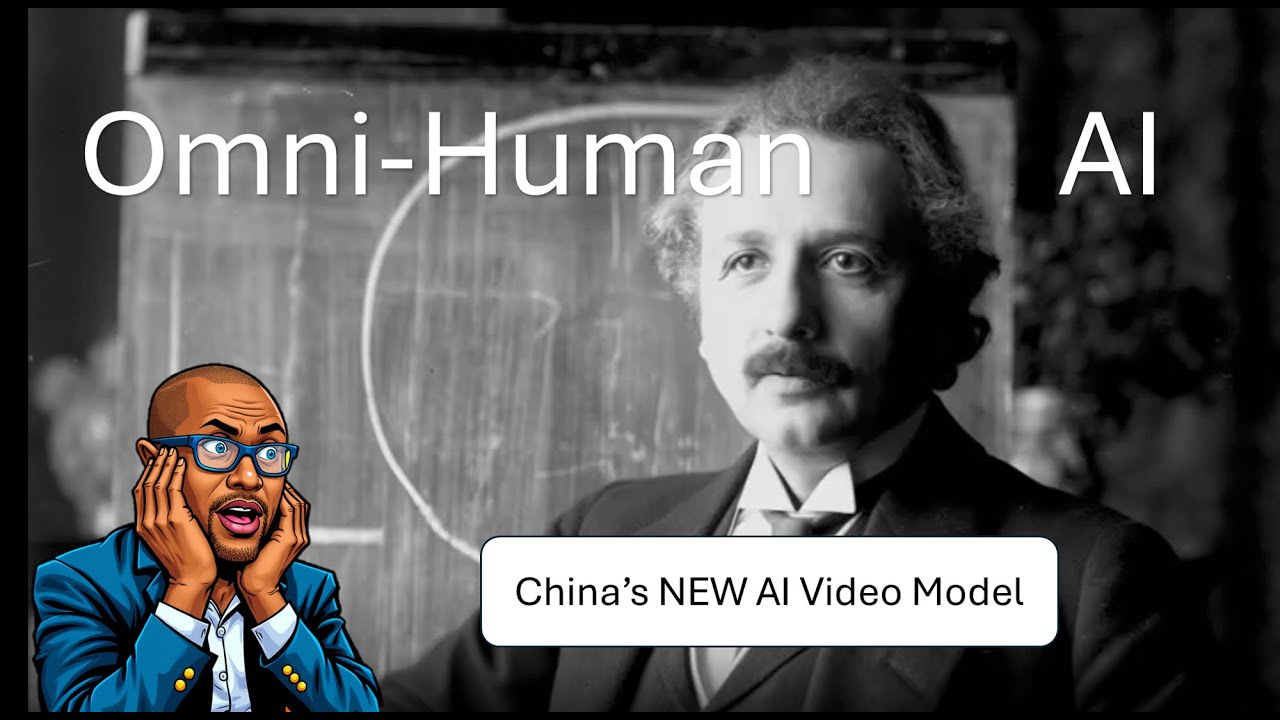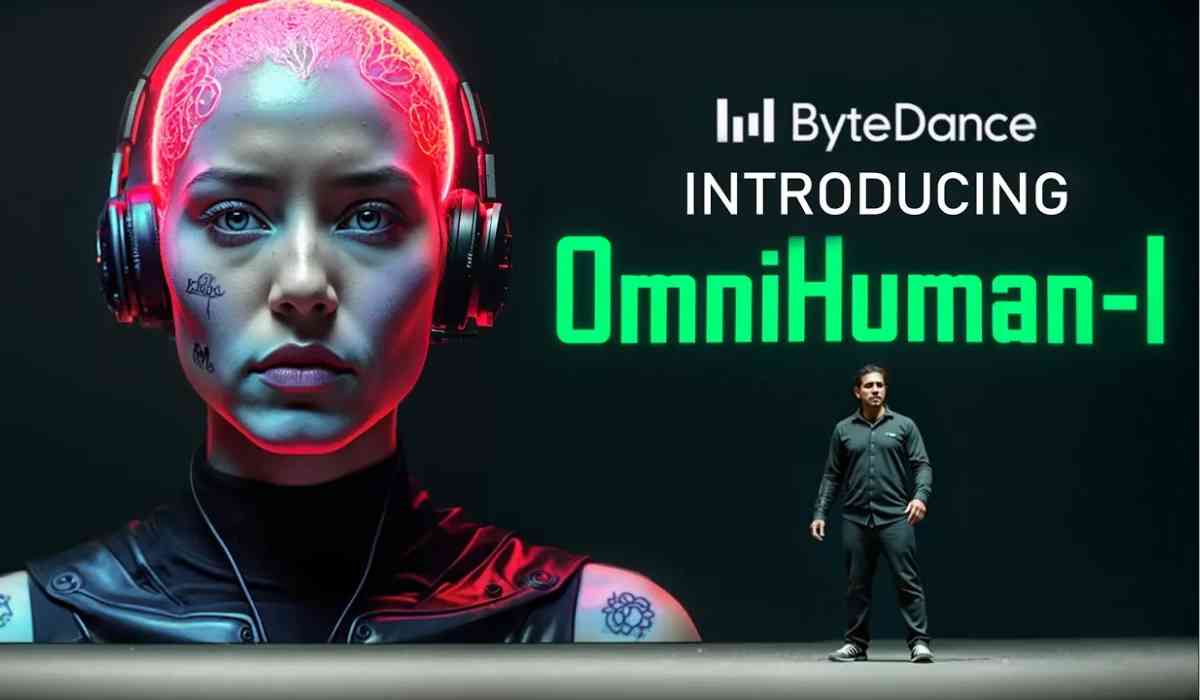China is rapidly cementing its position as a dominant force in artificial intelligence (AI). Following the buzz around DeepSeek's cost-effective AI model, ByteDance—the parent company of TikTok—has unveiled OmniHuman-1, an AI-powered tool that generates lifelike human videos from minimal input. While this innovation marks a significant leap in AI-driven content creation, it also sparks concerns over deepfake technology, digital disinformation, and national security risks.

OmniHuman-1: A New Era of AI-Generated Human Videos
OmniHuman-1 is an advanced AI model designed to generate ultra-realistic human animations using just a single still image and audio input. Unlike traditional deepfake technologies, which often require large datasets and substantial computational power, OmniHuman-1 utilizes a multimodal approach, integrating text, audio, and visual cues to create full-body human animations.
Key Features of OmniHuman-1
-
Minimal Input, Maximum Output: The model can produce high-quality full-body animations from a single image and an audio clip.
-
Enhanced Realism: It eliminates common AI flaws, such as unnatural lip movements and hand distortions.
-
Versatile Aspect Ratios: Capable of generating videos in any aspect ratio, making it applicable across various platforms.
-
Robust Training Dataset: OmniHuman-1 has been trained on approximately 18,700–19,000 hours of video footage, allowing for highly accurate and realistic outputs.
-
Smooth Motion Rendering: The model first compresses movement data and then refines it by comparing its generated videos to real footage, ensuring fluid and lifelike animations.
Advancements Over Previous AI Models
OmniHuman-1 represents a major step forward in generative AI, surpassing previous models that primarily focused on facial features or upper-body animations. Unlike earlier technologies that required extensive image datasets, OmniHuman-1 can create a complete human animation from a single still image.
This advancement significantly broadens its applications, making it useful for:
-
Digital storytelling and entertainment
-
Educational content creation
-
Virtual influencers and marketing campaigns
-
Gaming and augmented reality

The Deepfake Controversy: Ethical and Security Concerns
While OmniHuman-1 is a technological marvel, its potential misuse raises ethical and security concerns. AI expert Henry Ajder warns that its ability to generate hyper-realistic human videos could exacerbate digital disinformation, identity theft, and cyber fraud.
Potential Risks:
-
Political Disinformation: AI-generated videos could be used to create misleading political content, influencing public opinion and election outcomes.
-
Identity Theft and Fraud: Cybercriminals could exploit OmniHuman-1 to fabricate videos for scams or impersonation.
-
National Security Threats: Governments worldwide are grappling with the potential weaponization of deepfake technology.
ByteDance has not yet disclosed the exact sources of its training data but has assured that if deployed for public use, OmniHuman-1 will include safeguards against harmful content.
Real-World Examples of Deepfake Threats
The dangers of deepfake technology have already been observed globally:
-
U.S. Elections 2024: AI-generated propaganda influenced voter opinions on immigration, crime, and foreign policy.
-
Bangladesh Political Scandal: A deepfake portrayed a politician in a compromising situation, sparking controversy.
-
Moldova Disinformation Campaign: AI-generated content falsely depicted the pro-Western president supporting a Russian-backed party.
-
U.S. Voter Suppression Incident: An AI-generated voice clone of President Joe Biden was used to discourage voter participation.

The Global AI Race: China vs. the U.S.
China’s rapid AI advancements, exemplified by OmniHuman-1 and DeepSeek’s R1 model, have placed it at the forefront of AI research and development. Despite U.S. export restrictions on high-performance semiconductor chips, Chinese AI firms continue to innovate and challenge Western dominance.
Meanwhile, the U.S. is striving to catch up. Former President Donald Trump announced a $500 billion AI investment plan, involving major tech players like OpenAI, SoftBank, and Oracle. However, experts warn that the U.S. remains vulnerable to AI-driven threats.
Implications for the Future
-
Stock Market Influence: AI advancements are shaping investor sentiments, with analysts predicting 2025 as a pivotal year for AI adoption.
-
Regulatory Challenges: Governments will need to implement strict policies to mitigate deepfake risks.
-
AI Ethics & Transparency: Tech companies must ensure ethical AI usage to prevent malicious applications.
Who owns ByteDance?
ByteDance, the parent company of TikTok, was co-founded by Zhang Yiming and Liang Rubo.
Why is TikTok banned in China?
China enforces strict internet regulations, and TikTok operates under a separate version called Douyin to comply with domestic policies.
ByteDance’s OmniHuman-1 is a groundbreaking innovation that could revolutionize AI-generated content. However, its potential for misuse highlights the urgent need for ethical guidelines and regulatory frameworks. As China and the U.S. continue their AI supremacy battle, the world must prepare for the transformative—and potentially disruptive—impact of next-generation AI technologies.
The AI revolution is unfolding at an unprecedented pace, and its impact—both positive and negative—will be felt across industries and societies worldwide.
With inputs from agencies
Image Source: Multiple agencies
© Copyright 2024. All Rights Reserved Powered by Vygr Media.





















